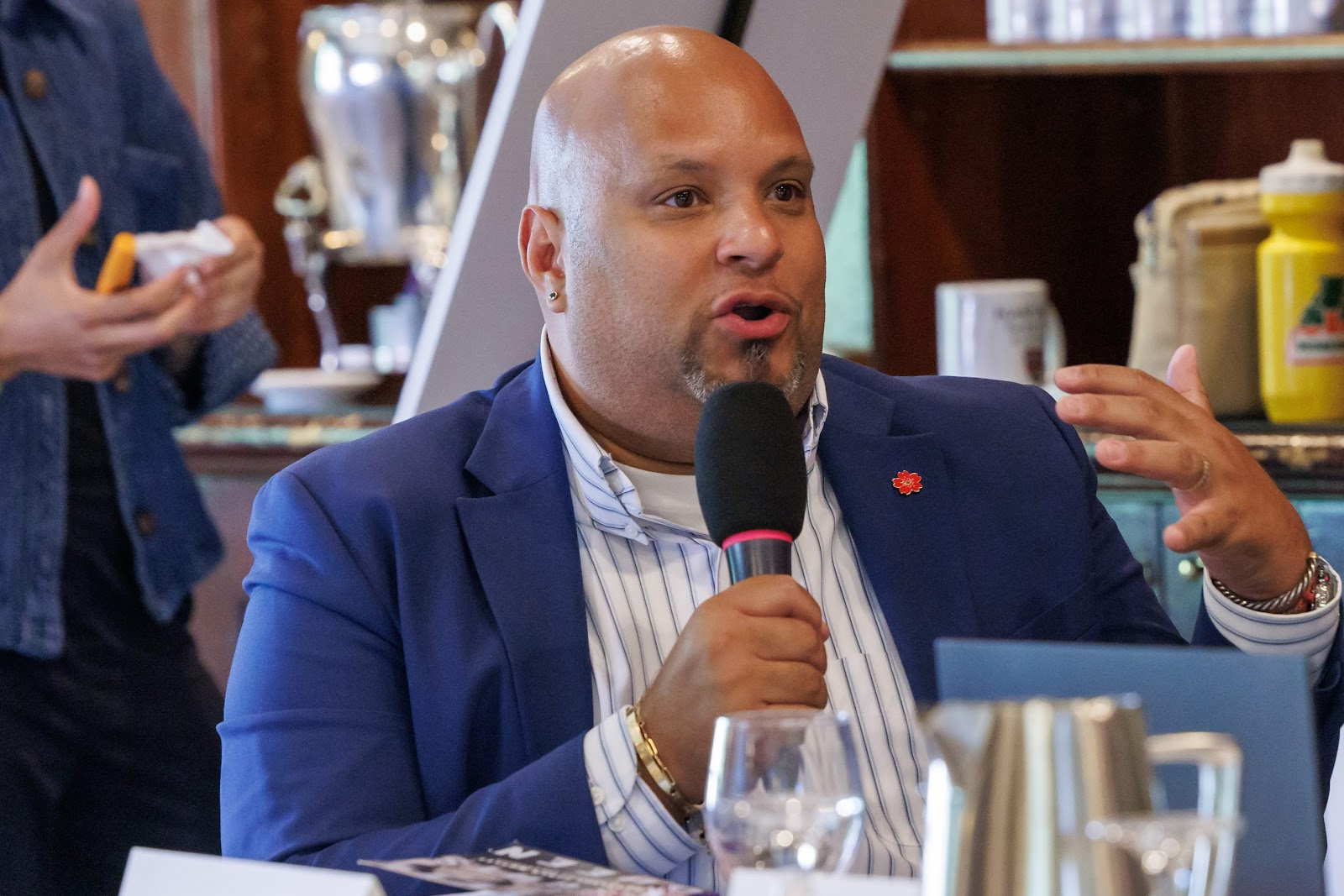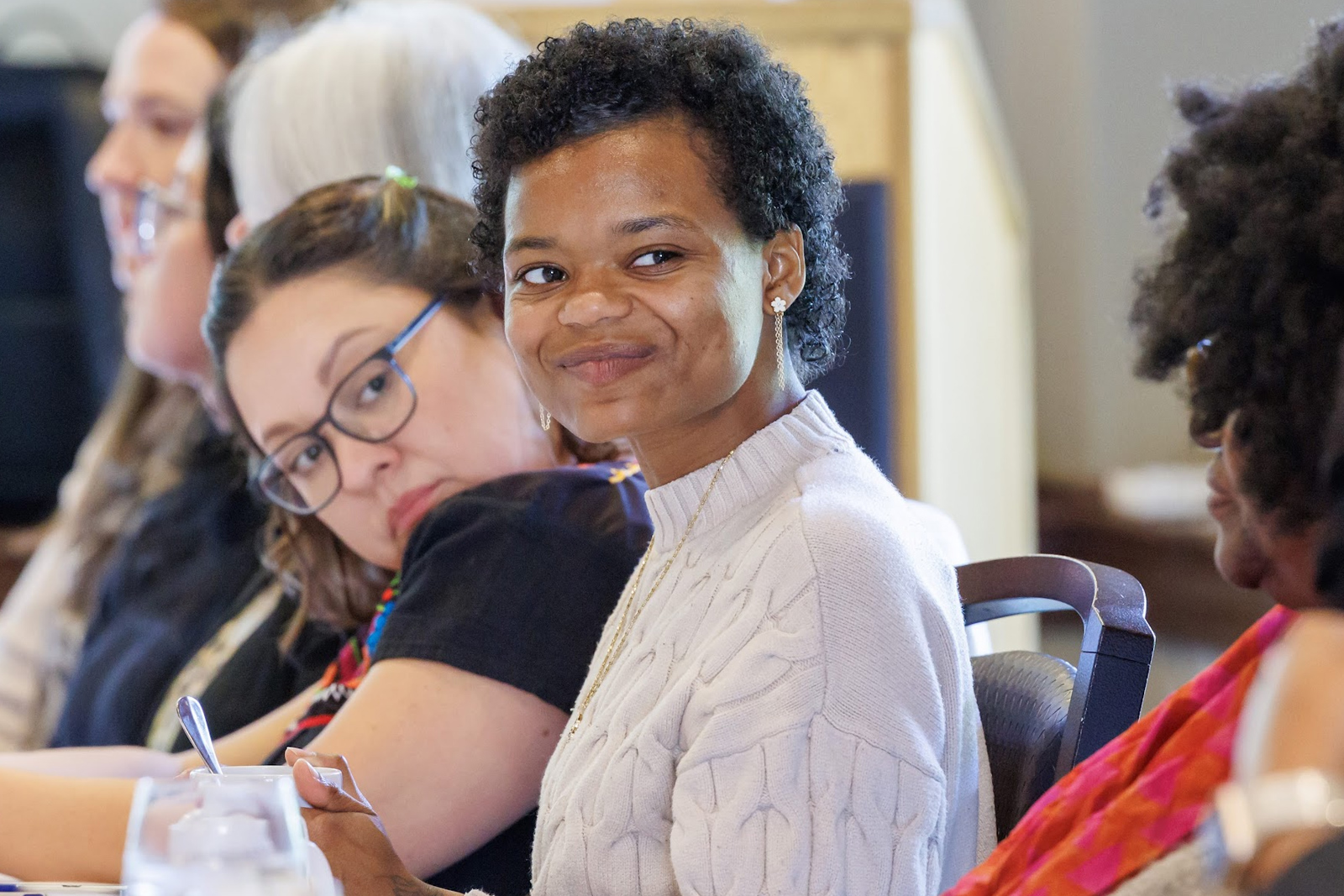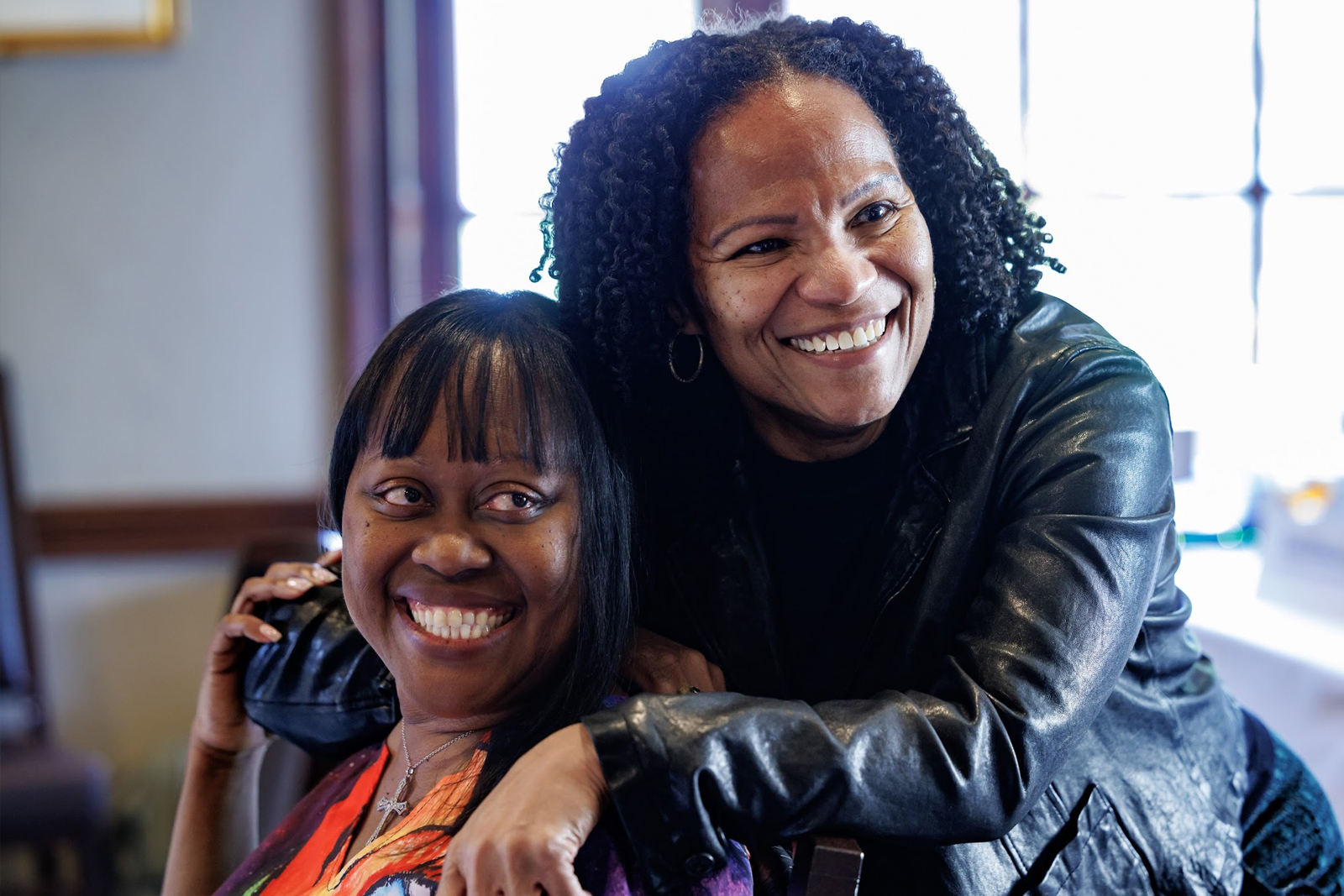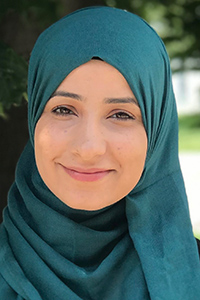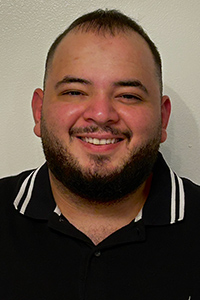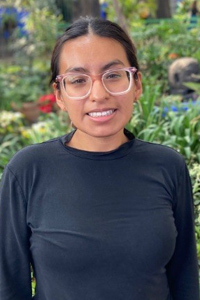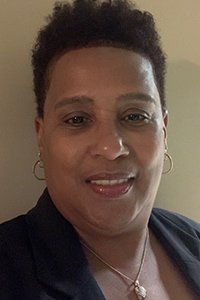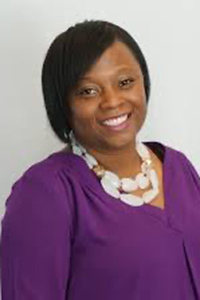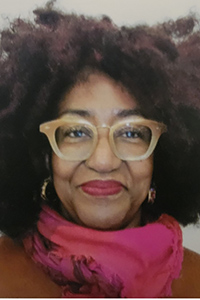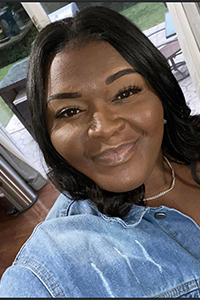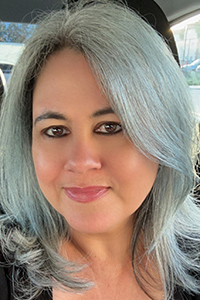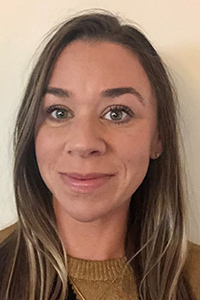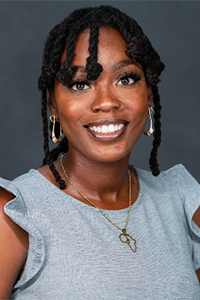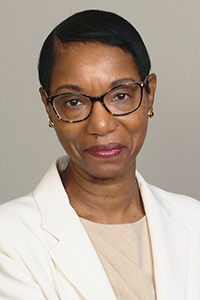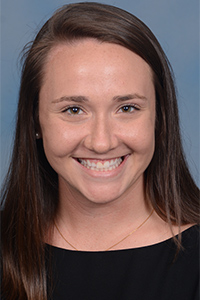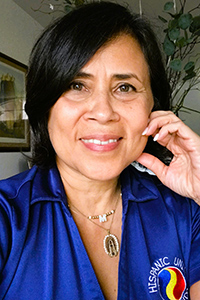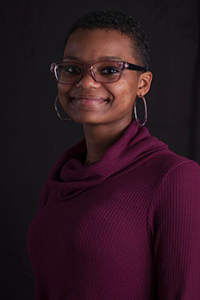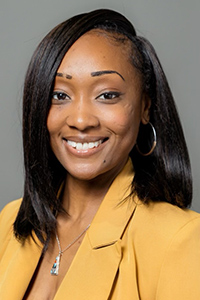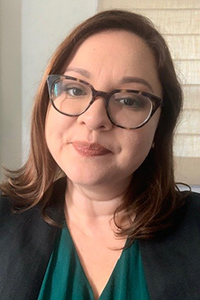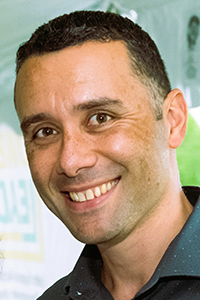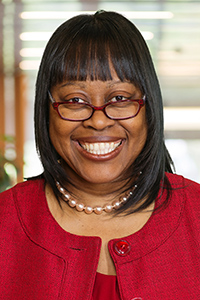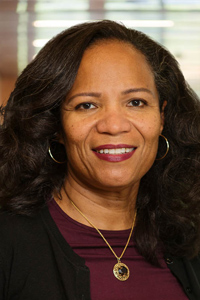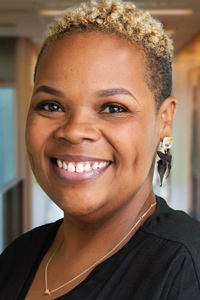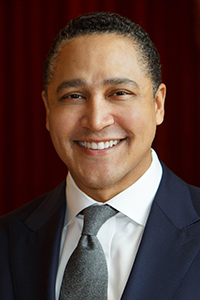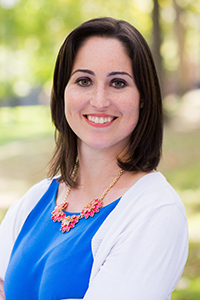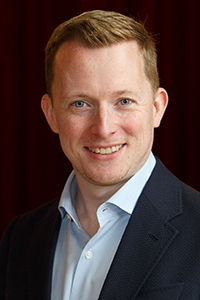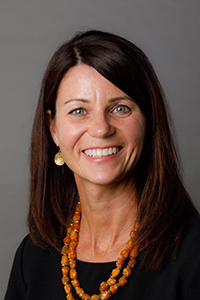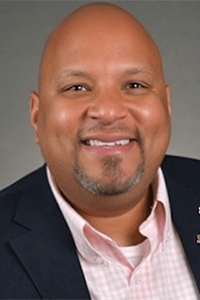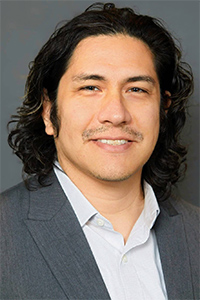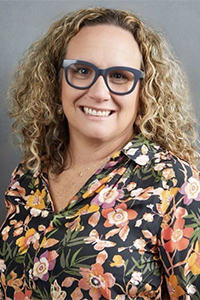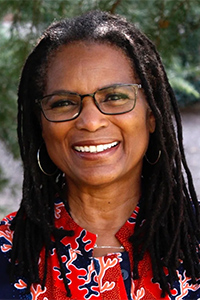
Colleagues,
In the midst of the Great Depression, Dr. Mary McLeod Bethune forcefully advocated for equitable progress in social and economic mobility. As a savvy educator, philanthropist, and civil rights activist, Bethune navigated the racially fraught environment of national politics and was appointed by President Franklin Roosevelt to a cabinet level position as Secretary of the National Youth Association.
Evoking hope in the dark gloom of economic woes facing the country, she advocated to the President: “We are bringing life and spirit to those many thousands who for so long have been in the darkness. I speak, Mr. President, not as Mrs. Bethune, but as the voice of 14,000,000 Americans who seek full citizenship. We want to continue to open the doors for these millions.”
The Roosevelt administration, guided by Bethune, went on to create services and programs that lifted individuals and families out of despair and onto a path of improved economic opportunity. While the majority of “New Deal” programs the Roosevelt administration implemented excluded non-whites, the efforts of Bethune (along with nudging by First Lady Eleanor Roosevelt) measurably moved the president and congress to consider broader human rights and expand the fairness, equity, and impact of services.
Yet it’s important to know that Bethune didn’t take on all of this alone – she had colleagues who not only helped craft strategies and policies for the New Deal, but also fostered an environment of energy and wellbeing. Her colleagues over time, formalized as the Federal Council on Colored Affairs, became known as the “Black Cabinet.” Bethune and the “Cabinet” convened regularly to develop strategies for more equitable federal policies, and just as importantly, met frequently to lift and sustain each other’s spirits and resolve.
In many respects, the Next Generation of Human Services Organizations Initiative (NextGen) channeled this idea of balancing advocacy and wellbeing, and furthered thought leadership on how leaders in human services at all levels of the organization can forcefully move forward on improving services and advancing systems change for people experiencing poverty, while also deepening and leveraging their own wellbeing for the challenges and opportunities on the horizon.
The NextGen cohort members, supported by the Kresge Foundation and the American Public Human Services Association, invested time in designing and implementing innovations within their respective organizations, but also ideating and capturing insights to help other Frontline Innovators improve outcomes for families as well as themselves.
I’m excited for you to learn about, implement, and propagate the cohort’s brilliant insights. Thus, on behalf of the entire NextGen cohort and learning team, we are grateful for your interest in the ideas and actions of the initiative and your time, energy, and commitment to improving outcomes in human services.
As we lean into this work, we can be inspired by the vision and ideas the NextGen cohort developed. Like Mary McLeod Bethune’s ideas that grew into the centerpiece for the March on Washington for Jobs and Freedom in 1963, the NextGen cohort has spawned an array of ideas for policy and systemic change in the United States.
Now let’s get to work!
Dr. Antonio M. Oftelie
Executive Director, Leadership for a Networked World
Fellow, Technology and Entrepreneurship Center at Harvard
Harvard John A. Paulson School of Engineering and Applied Sciences
At the Septembeer 2024 convening at Harvard University, Artist Sam Scipio was on hand to capture the year's worth of the cohort's work in infographic form. The following are the result of her interpreting the learnings and insights from the participants over the course of two days on Harvard's campus.
